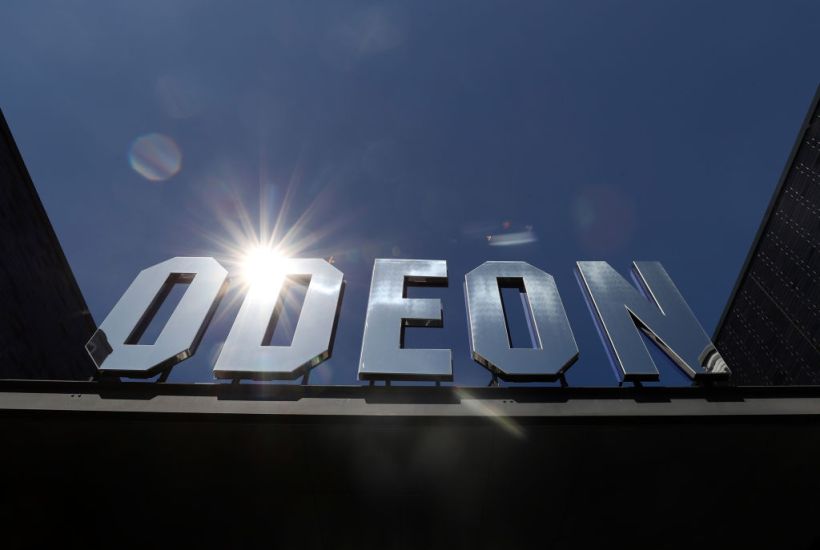You could smell the stale popcorn and rancid carpet from the other end of the high street but that unmistakable Odeon odour always set my pulse racing. That was before we lost the vast art deco interior to corporate greed and short sightedness. The carving up of the beautifully ornate auditorium into three miniscule screens ruined the ‘going to the pictures’ experience.
Already a subscriber? Log in
Subscribe for just $2 a week
Try a month of The Spectator Australia absolutely free and without commitment. Not only that but – if you choose to continue – you’ll pay just $2 a week for your first year.
- Unlimited access to spectator.com.au and app
- The weekly edition on the Spectator Australia app
- Spectator podcasts and newsletters
- Full access to spectator.co.uk
Or
Unlock this article
James Innes-Smith is the author of The Seven Ages of Man – How to Live a Meaningful Life




















Comments
Don't miss out
Join the conversation with other Spectator Australia readers. Subscribe to leave a comment.
SUBSCRIBEAlready a subscriber? Log in